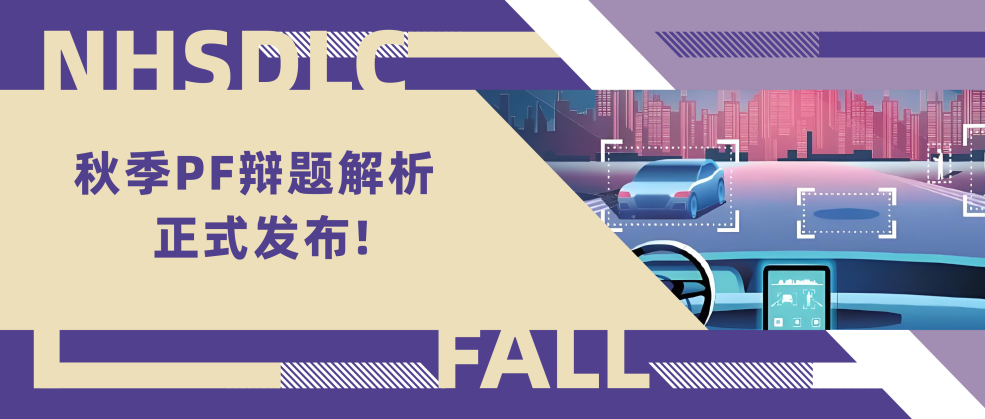双边类大作文,文化类话题
Some people say that artworks (e.g. painting, music, poetry) can be created by everybody, whereas others say they can only be made by those with special ability. Discuss both views and give your own opinion.
题目来源:2024年2月24日大陆雅思大作文(重复2020年4月9日亚太考题)
1、题目大意
有人说艺术作品(例如绘画、音乐、诗歌)可以由每个人创作,而另一些人则说它们只能由具有特殊才能的人创作。讨论双方观点并给出你的看法。
2、思路解析
这是一道双边类大作文,聊的是看艺术作品的创作问题。双边类大作文,需要对每个观点分别表达同意或反对,最终的结论就是我的立场,可以是中立(双方都同意或都反对),也可以是单边支持某一方立场。审题时需要注意两点,一是“artworks”是一个抽象的概念,因此需要对其进行定义。二是后者观点中“only”是个绝对词,遇到绝对化表达,一般反对角度切入会更容易。下面,王珍老师带大家一起来看下具体观点。
首先来看艺术作品只能由具备特殊的人创作,有两方面。
一方面高质量的艺术作品往往包含深刻的思想、复杂的技巧和独特的风格,这些都是普通人难以达到的。专业艺术家通常需要经过长时间的学习和实践,不断磨练自己的技艺和审美,才能创作出有深度和广泛影响力的作品。
另一方面艺术领域高度重视创新和独创性,具有特殊才能的艺术家往往能够打破常规,提出新的视角和创作手法,推动艺术的发展。例如,伟大的画家、音乐家,如毕加索、贝多芬,他们的作品之所以历经时间的考验并且被世人铭记,是因为他们拥有超越常人的创造力和技巧。
再来看人人都能创作艺术的观点,有三方面。
一是艺术具有普遍性。艺术是人类共通的语言,每个人都有情感和想象力,因此每个人都有创造艺术的潜能。通过绘画、音乐、诗歌等形式表达个人情感和观点,是人类天赋的表达方式。
二是随着艺术教育在全球范围内的普及,越来越多的人从小就有机会接触和学习各种艺术形式。这种教育的普及有助于激发和培养人们从小就对艺术的兴趣和创作能力,打破了只有特殊天赋者才能创作艺术的观念。
三是现代技术的运用使得艺术创作更为普及,任何人都可以通过网络学习艺术创作技巧,社交媒体平台也为所有人提供了展示自己作品的机会。在网络平台上经常可以看到普通人的作品受到广泛的认可和赞赏。
3、提纲

4、高分范文示例
The debate over who can create art has long been a topic of discussion, with opinions divided between those who believe that art can be produced by anyone and those who argue that it requires special abilities. To determine whether art can be created by the general public or solely by experts, it is essential to first establish a clear definition of “art”.
Some individuals argue that art can only be produced by those with expertise in relevant fields; they believe that once a work is classified as "art", it must meet specific aesthetic criteria. According to this view, all art should be logically defined, categorized, and evaluated, indicating that creators must possess a certain level of knowledge about art or even be certified by authoritative bodies to ensure their work is, to some extent, conventional and can withstand critique. Thus, when presented to the public, it merits discussion regarding its artistic school, style, or aesthetic value.
However, others find this perspective somewhat preposterous, arguing that it undermines our ability to truly understand what art is. The essence of art, from the beginning, is "to express emotions freely", and any work appreciated by the public should be recognized as art, irrespective of any rules that might be used to challenge it. Who is to say that an ordinary individual should not be encouraged to freely express emotions through painting or composing music, from which aesthetic values can be perceived but not formally assessed by any academic institution? The notion that art should not be produced by the majority not only stifles widespread creativity but also contradicts our quest for humanity—art practice could eventually become a privilege of a select few if the general public is denied access to it.
In conclusion, while the argument that art requires special abilities holds merit, especially in professional circles, the notion that art can be created by everyone is more inclusive and reflects the true spirit of artistic expression. By embracing a broader definition of art, we open up a world of creativity and innovation that benefits society as a whole.
5、相关词汇和语法结构
Debate over 关于...的辩论
Opinions divided 观点分歧
General public 大众
Clear definition 明确的定义
Expertise in relevant fields 在相关领域的专业知识
Aesthetic criteria 美学标准
Certified by authoritative bodies 由权威机构认证
Conventional and can withstand critique 符合传统且能承受批评
Artistic school, style, or aesthetic value 艺术流派、风格或美学价值
Undermines our ability 削弱我们的能力
Express emotions freely 自由表达情感
Recognized as art 被认为是艺术
Stifles widespread creativity 抑制广泛的创造性
Quest for humanity 对人性的探求
Privilege of a select few 少数人的特权
True spirit of artistic expression 艺术表达的真正精神
Embracing a broader definition of art 接受更广泛的艺术定义
Benefits society as a whole 造福整个社会












